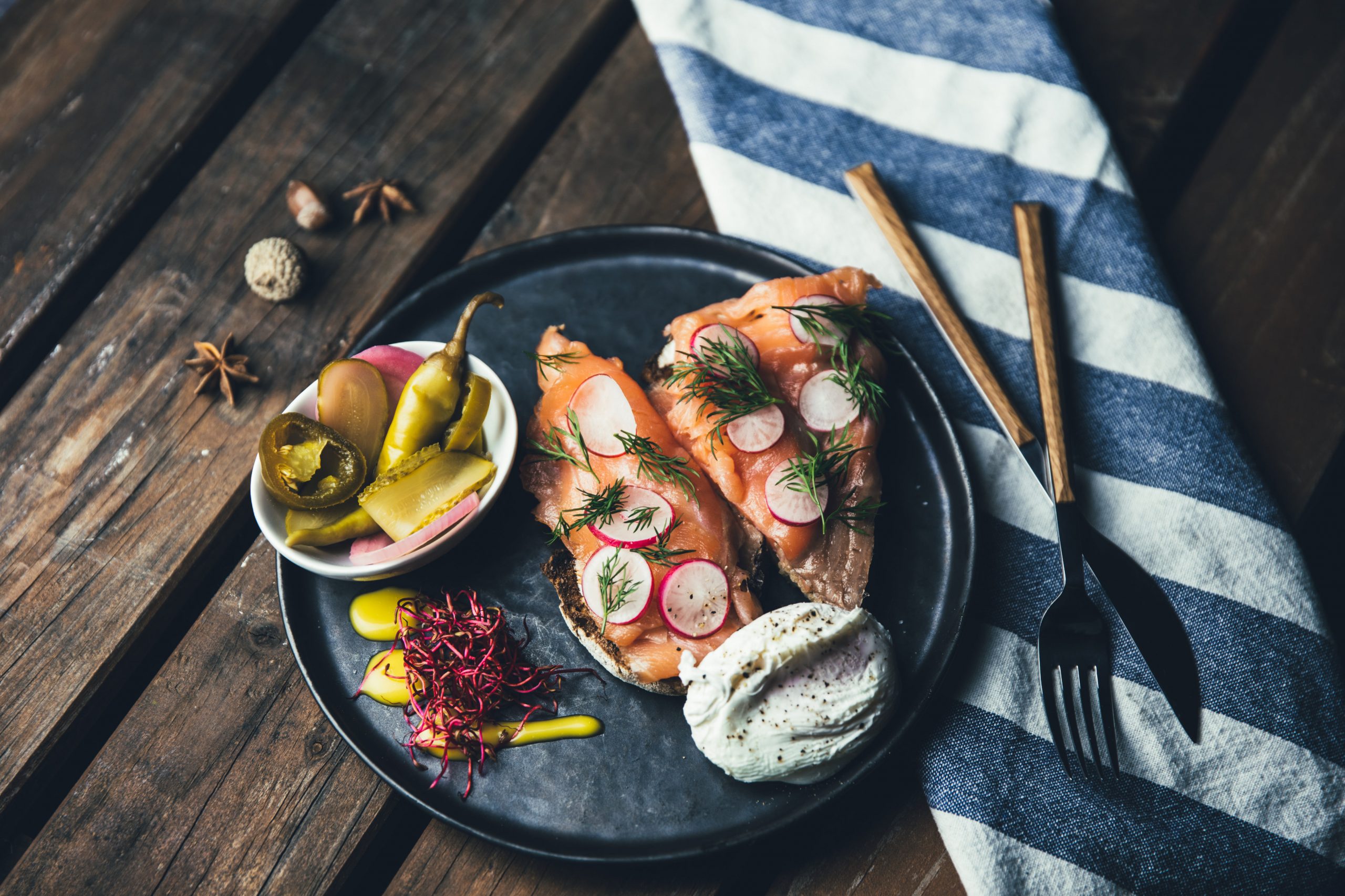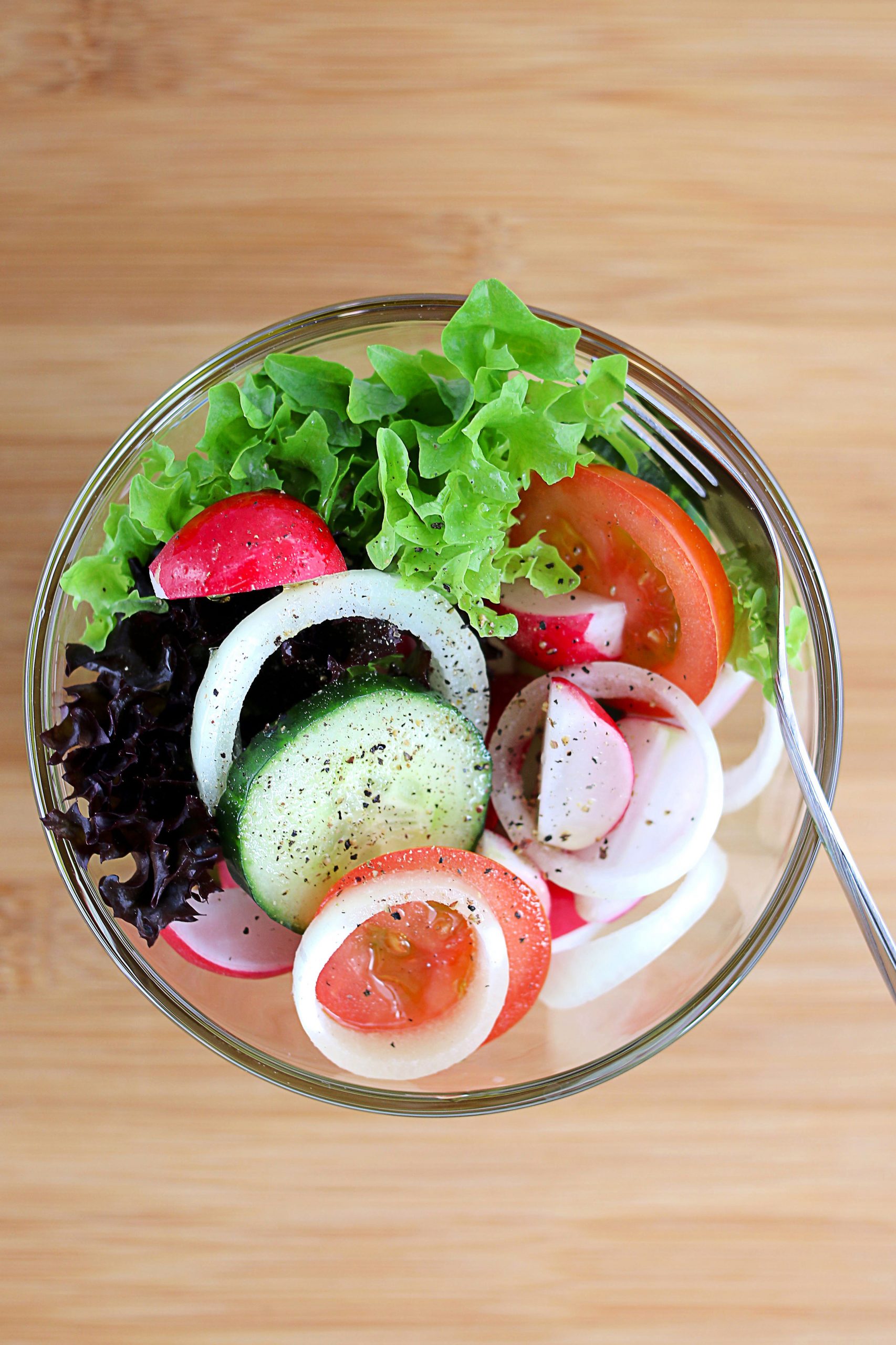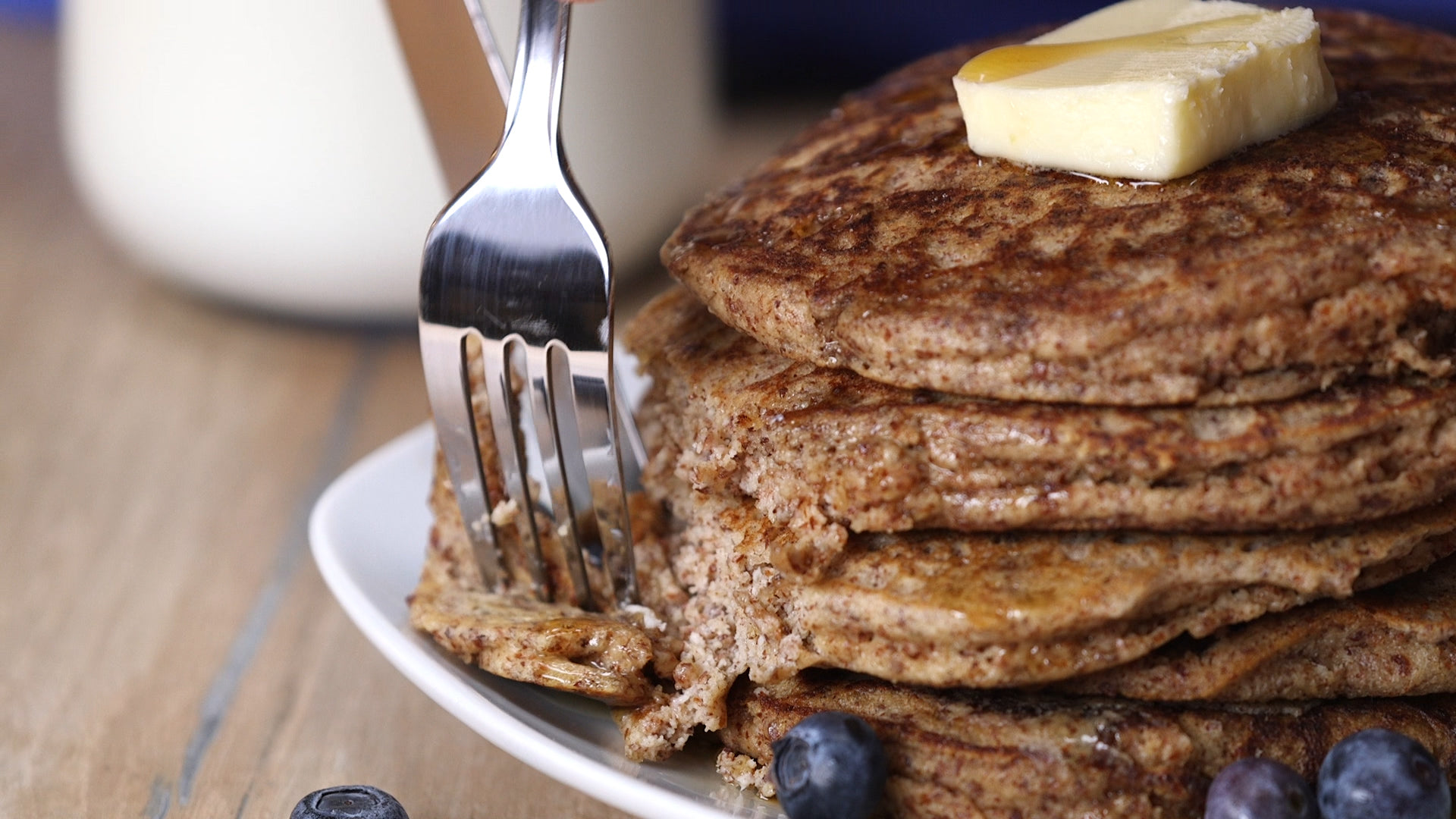The Dietary Approach to Stop Hypertension (DASH) is designed to help treat or prevent high blood pressure(hypertension). In 1996, DASH was initially discussed at an American Heart Association conference. In 1997, it was then published in the New England Journal of Medicine.
Foods high in potassium, calcium, and magnesium are part of the DASH diet. These nutrients aid in blood pressure regulation. Foods that are heavy in sodium, saturated fat, and added sugars are restricted in the diet.
This diet emphasizes increasing potassium, magnesium, and calcium intake while lowering consumption of red meat and highly processed foods that are rich in salt and sugar. Because they affect how blood arteries relax and contract, potassium, magnesium, and calcium are crucial minerals in controlling blood pressure.
Is the Dietary Approaches to Stop Hypertension Diet (DASH) for Everyone?
Every year, U.S. News & World Report commissions a group of medical experts to rank about 40 diets. For eight years running, DASH was recognized as the top overall diet, and for good reason.
Reducing salt intake has a considerable impact on blood pressure in patients with high blood pressure. However, the effects of lowering salt intake are far less noticeable in persons with normal blood pressure. This may be partially explained by the idea that certain persons are more sensitive to the effects of salt on their blood pressure.
In conclusion, DASH is a simple, nutritious plan that almost everyone can adhere to if they want to eat more fruits and vegetables, which is something that everyone should do.
The Health Benefits of the Dash Diet:
Lower Blood Pressure:
The Dietary Approach to Stop Hypertension (DASH) demonstrates a reduction in blood pressure in both those with high blood pressure and in those who are healthy.
According to research, those following the DASH diet still had reduced blood pressure even if they didn’t exercise or cut back on salt.
The DASH diet did lower blood pressure, though, when sodium intake was limited. In fact, those with the lowest salt intake experienced the biggest drops in blood pressure. People with pre-existing high blood pressure saw the greatest improvements from the low-salt DASH diet, with an average reduction in systolic and diastolic blood pressure of 12 and 5 mmHg, respectively. It decreased systolic and diastolic blood pressure in those with normal blood pressure by 4 and 2 mmHg, respectively.
This is consistent with earlier studies that show limiting salt intake can lower blood pressure, particularly in people who already have high blood pressure.
Remember that a drop in blood pressure does not always equate to a drop in the risk of developing heart disease.
Weight Loss:
On the DASH diet, people who lost weight were in a controlled calorie deficit, which means they were instructed to consume fewer calories than they were using up.
People may discover that they automatically reduce their calorie consumption and lose weight when following the DASH diet since it excludes so many high-fat, sugary meals. Others might need to consciously limit their intake.
In either case, you’ll still need to follow a calorie-reduced diet if you wish to lose weight while following this diet.
Reduces Cancer Risk:
According to a recent review, persons who follow the DASH diet had a lower chance of developing some malignancies, such as breast and colorectal cancer.
Lower the Risk of Heart Disease:
According to a recent review, following this diet was linked to a 29% lower risk of stroke and a 20% lower risk of heart disease in women (National Library of Medicine)
What to Eat in Dietary Approaches to Stop Hypertension Diet (DASH):
Eat This: Avoid/Limit This:
Vegetables Fatty Meat
Fruits Full-fat Dairy
Fat-free or low-fat dairy Sweets
Fish Sugar-Sweetened Beverages
Poultry Sodium Intake
Whole Grains
Nuts & Seeds
Beans
Vegetable Oils
Sample Menu for One Day:
Breakfast:
Oatmeal in the amount of 1 cup (90 grammes), with 1 cup (240 ml) of skim milk, 1/2 cup (75 grammes) of blueberries, and 1/2 cup (120 ml) of fresh orange juice.
Snack:
285 grammes of low-fat yoghurt and 1 medium apple.
Lunch:
Sandwich made with 3 ounces (80 grammes) of canned tuna, 1.5 cups (113 grammes) of green salad, 1 tablespoon (15 grammes) of mayonnaise, and 2 pieces of whole-grain bread.
Snack:
1 medium-sized banana
Dinner:
1/2 cup (75 grammes) of each broccoli and carrot were cooked with 3 ounces (85 grammes) of lean chicken breast in 1 teaspoon (5 ml) of vegetable oil. Served with 1 cup (190 grammes) of brown rice.
Bottom Line:
According to research, the Dietary Approach to Stop Hypertension (DASH) can lower blood pressure, lower the chance of developing diabetes, kidney disease, and gout, as well as prevent or delay the onset of cardiovascular disease.
People in good health might not have much need to stick to this diet. DASH may be an excellent option for you if you have high blood pressure or suspect you may be salt sensitive.






0 Comments